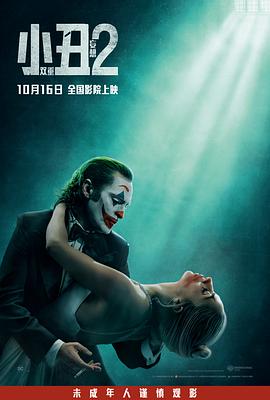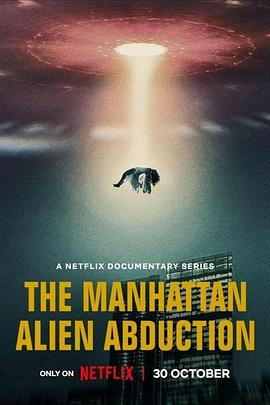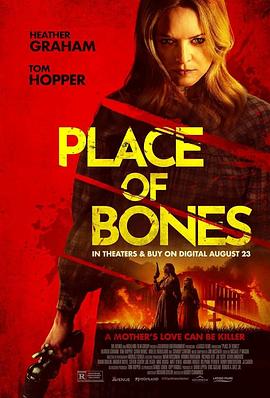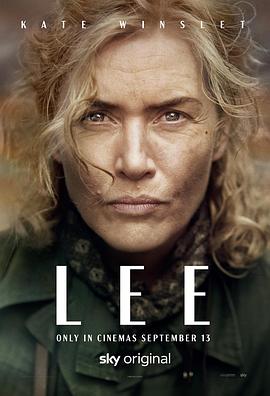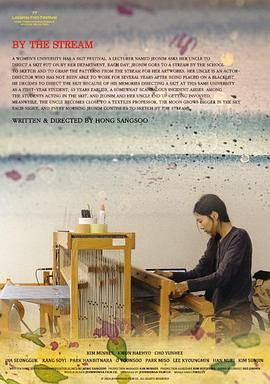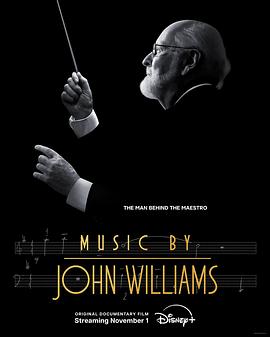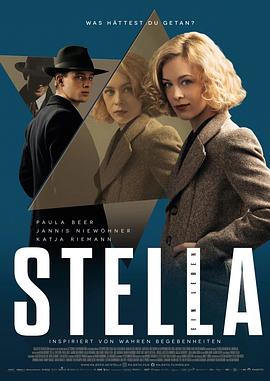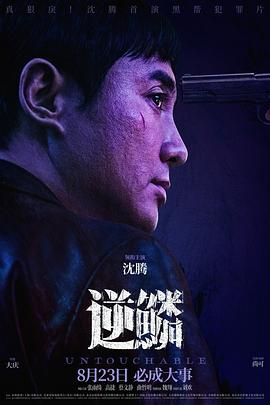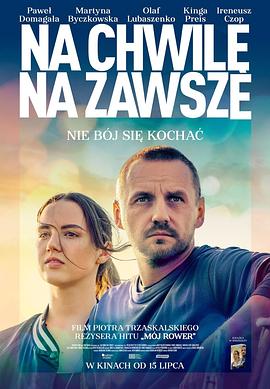- 正在播放《欧洲的某个地方》HD中字 - 暴风播放器
- 提醒不要輕易相信影片中的任何廣告,小心上當受騙
- 技巧如遇影片無法播放或載入速度慢,可嘗試切換播放節點或切換解析
- 收藏Bu楓林網-Bu楓林網追劇線上看推薦网址:buvip.net / buvip.net ,记得收藏哟~
剧情:
Somewhere in the remote region, the war ends. In the midst of ruined cities and houses in the streets, in rural hamlets, everywhere where people still live, are children who have lost their homes and parents. Abandoned, hungry, and in rags, defenseless and humiliated, they wander through the world. Hunger drives them. Little streams of orphans merge into a river which rushes forward and submerges everything in its path. The children do not know any feeling; they know only the world of their enemies. They fight, steal, struggle for a mouthful of food, and violence is merely a means to get it. A gang led by Cahoun finds a refuge in an abandoned castle and encounters an old composer who has voluntarily retired into solitude from a world of hatred, treason, and crime. How can they find a common ground, how can they become mutual friends The castle becomes their hiding place but possibly it will also be their first home which they may organize and must defend. But even for this, the price will be very high. To this simple story, the journalist, writer, poet, scriptwriter, movie director, and film theoretician Béla Balázs applied many years of experience. He and the director Géza Radványi created a work which opened a new postwar chapter in Hungarian film. Surprisingly, this film has not lost any of its impact over the years, especially on a profound philosophical level. That is to say, it is not merely a movie about war; it is not important in what location and in what period of time it takes place. It is a story outside of time about the joyless fate of children who pay dearly for the cruel war games of adults. At the time it was premiered, the movie was enthusiastically received by the critics. The main roles were taken by streetwise boys of a children's group who created their roles improvisationally in close contact with a few professional actors, and in the children's acting their own fresh experience of war's turmoil appears to be reflected. At the same time, their performance fits admirably into the mosaic of a very complex movie language. Balázs's influence revealed itself, above all, in the introductory sequences an air raid on an amusement park, seen in a montage of dramatic situations evoking the last spasms of war, where, undoubtedly, we discern the influence of classical Soviet cinematography. Shooting, the boy's escape, the locomotive's wheels, the shadows of soldiers with submachine guns, the sound of a whistle—the images are linked together in abrupt sequences in which varying shots and expressive sharp sounds are emphasized. A perfectly planned screenplay avoided all elements of sentimentality, time-worn stereotypes of wronged children, romanticism and cheap simplification. The authors succeeded in bridging the perilous dramatic abyss of the metamorphosis of a children's community. Their telling of the story (the scene of pillaging, the assault on the castle, etc) independently introduced some neorealist elements which, at that time, were being propagated in Italy by De Sica, Rossellini, and other film artists. The rebukes of contemporary critics, who called attention to formalism for its own sake have been forgotten. The masterly art of cameraman Barnabás Hegyi gives vitality to the poetic images. His angle shots of the children, his composition of scenes in the castle interior, are a living document of the times, and underline the atmosphere and the characters of the protagonists. The success of the picture was also enhanced by the musical art of composer Dénes Buday who, in tense situations, inserted the theme of the Marseilaise into the movie's structure, as a motive of community unification, as an expression of friendship and the possibility of understanding. Valahol Europaban is the first significant postwar Hungarian film. It originated in a relaxed atmosphere, replete with joy and euphoria, and it includes these elements in order to demonstrate the strength of humanism, tolerance, and friendship. It represents a general condemnation of war anywhere in the world, in any form.
收起
相关影片
2024
劇情片
中国大陆
HD
2024
劇情片
美国
HD
2024
劇情片
美国
HD
2017
劇情片
其它
已完结
2021
劇情片
英国
已完结
2024
劇情片
加拿大
HD
2024
劇情片
大陆
HD
2024
劇情片
韩国
HD
2024
劇情片
美国
HD
2023
劇情片
德国
葆拉·贝尔 扬尼斯·尼韦纳 卡蒂娅·里曼 达米安·哈顿 卢卡斯·米科 Patrick Simons Rony Herman 约书亚·塞伦丁德 Robin Sondermann 尼古拉·威尔 Peter Miklusz Anke Fuenfstueck Gabriele Schulze 罗兰·西尔伯纳格尔 Ulrich Schmissat Nils Burkhardt 娜塔莉亚·罗曼诺娃 Benjamin Morik 丹尼尔·霍尔兹伯格 Artur Sorokin
1944: Stella Goldschlag will Jazz-S?ngerin werden und tr?umt von einer Karriere am Broadway. Aber di
HD
2024
劇情片
中国大陆
HD
2024
劇情片
中国大陆
一档大型治愈系医务纪实节目将24小时全景式记录上海儿童医学中心医护们的工作全程,见证儿科医生一路的“打怪升级”和自我成长。节目扎根于生活,聚焦时下社会的热点话题、医患关系、社会问题、家庭教育,人性拉扯
更新至回顾篇
2022
劇情片
日本
HD
2022
劇情片
波兰
HD
正在热播
更多
2024
喜劇片
美国
HD
2023
劇情片
中国大陆
HD
2024
歐美劇
美国
戈登·科米尔 齐亚文提奥 伊恩·欧斯利 达拉斯·刘 伊丽莎白·于 李善亨 金大贤 张至仪 梁振邦 林继修 伊冯娜·查普曼 富田谭玲 凯西·坎普-霍里内克 赵雅顿 玉田百名 乌特卡什·安邦德卡尔 丹尼·朴迪 詹姆士·谢 A·马丁内斯 Ruy Iskandar 塔莉娅·陈 乔尔·蒙格朗 Jayden Zhang Jayden Zhang
水、土、火、气。四个国家曾经和睦相处,四种元素的主宰降世神通维持着他们之间的和平。但是当烈火国进攻并消灭了气和牧族之后,一切都改变了 — 这是烈火国征服世界的第一步。由于目前的神通化身尚未出现,世
全8集




